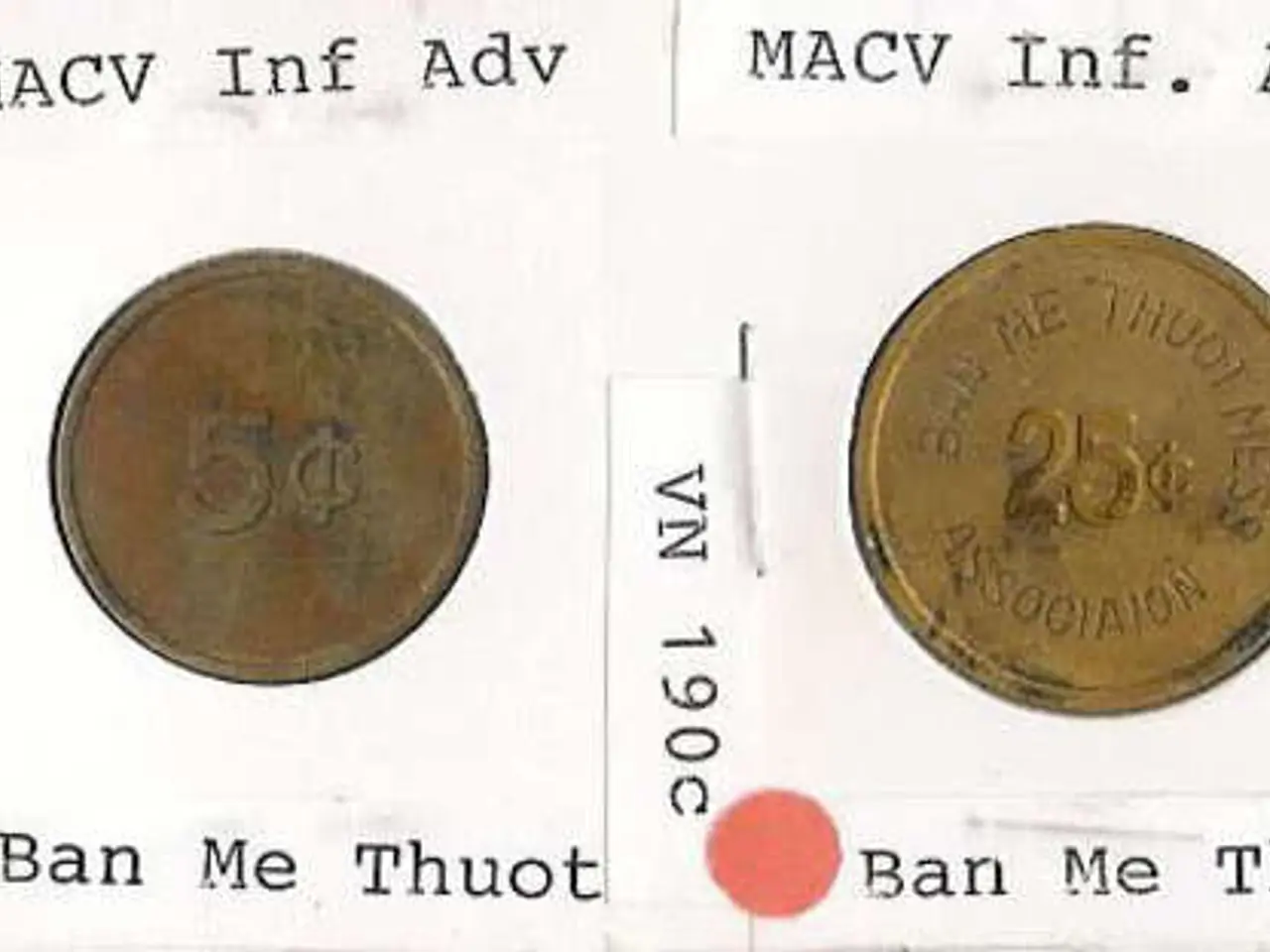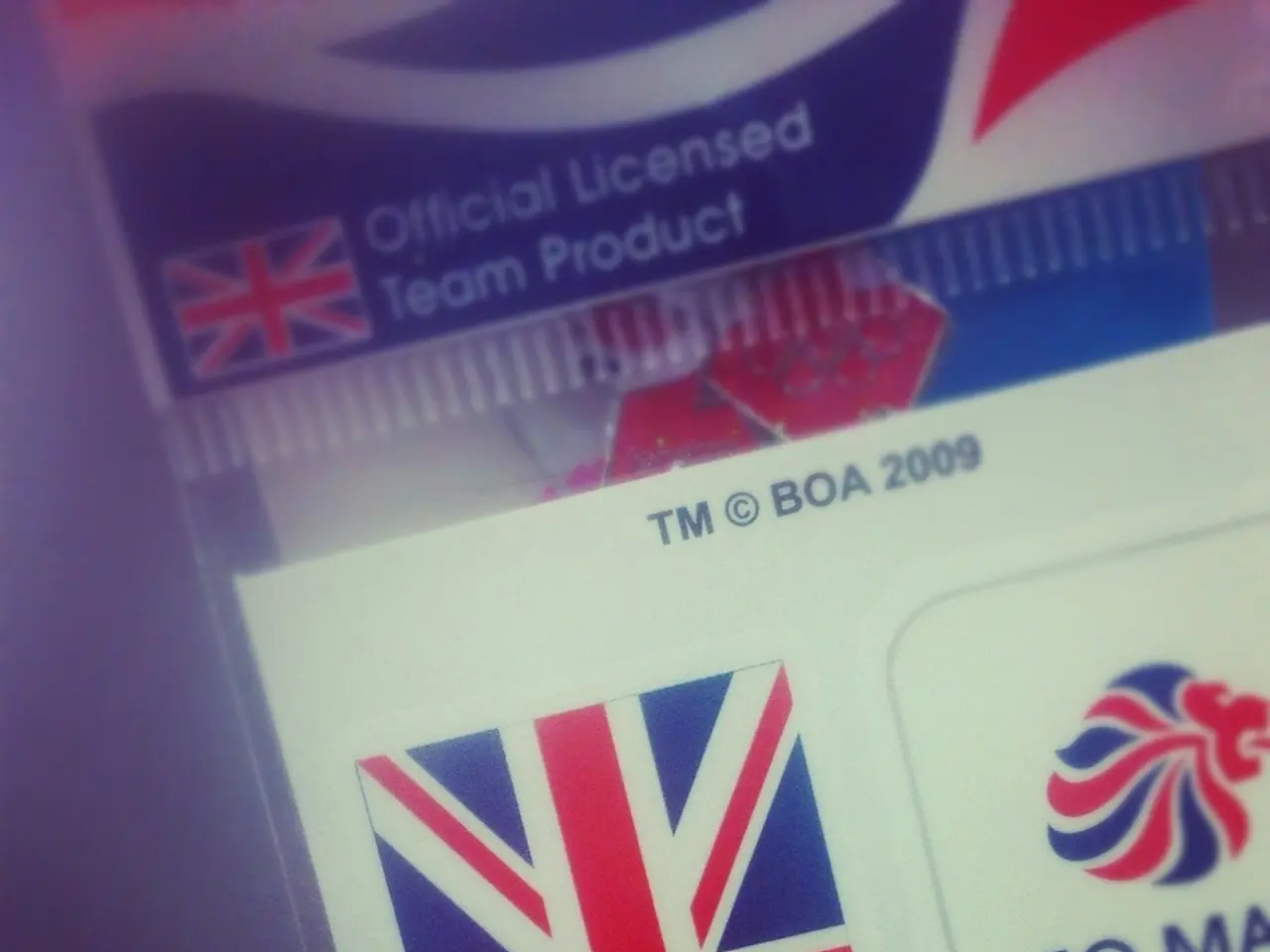Holiday Homes in Italy: Navigating Real Estate, Legal, and Financial Decisions
Potential Purchase of Vacation Property in Italy: Prospective Buyers Urged to Exercise Due Diligence - Italy Vacation Home Purchase: Essential Factors for Potential Buyers to Contemplate
By Moritz Kudermann- - 4 Min.- Holiday Property- Italy- Real Estate- House Purchase
Exploring Italy's Holiday Home Market
Purchasing a holiday home in Italy involves choosing the ideal property, navigating the legal maze, and understanding the financial implications. Here's a comprehensive guide:
Property Choices Galore
- Property selection: Italy boasts diverse real estate options, from chic city apartments to historic townhouses, rustic villas, and seaside getaways. Keep in mind that traditional properties may necessitate restoration work and additional permits.
- Location matters: High-demand areas like Tuscany are generally more expensive, while lesser-known regions such as Umbria and Puglia offer value and cost savings.
Legalities and Paperwork
- Notary's role: The property transaction is overseen by a notary, who handles the legality of the sale, ensures taxes are paid, and records the transfer of ownership.
- Purchase agreement: After making an offer and signing a preliminary contract, the final deed of sale is signed at the notary's office.
- Legal assistance: Working with a local real estate agent and a bilingual lawyer helps navigate contracts, understand obligations, and avoid potential pitfalls.
Financial Factors
- Transaction costs: Budget for taxes, notary fees, and agency commissions, which often total around 9-12% of the cadastral value (not the sale price) for existing properties.
- Property taxes:
- Imposta di Registro: A tax on the deed of sale.
- IMU (Imposta Municipale Propria): A municipal property tax, but primary residences may be exempt. Holiday homes, however, are subject to IMU.
- TASI and other local taxes: Additional taxes may apply depending on the municipality.
- Capital gains tax: If you sell the property, capital gains tax may be due unless it has been your primary residence for at least five years.
- Income tax: Rental income from your holiday home is taxable in Italy, even for non-residents.
Additional Considerations
- Renovation expenses: Many traditional properties will require renovation, so ensure you have a realistic budget for such expenses and acquire the necessary permits.
- Residency perks: Establishing residency in Italy can bring tax benefits, but these don't apply to holiday homes.
- Ongoing costs: Factor in utilities, maintenance, and management fees, especially if you plan to rent out your holiday home when not in use.
Table: Key Considerations for Buying a Holiday Home in Italy
| Consideration | Details ||------------------------|-------------------------------------------------------------------------------------------|| Property Selection | Diverse options; check condition, permits, and renovation needs[1][4] || Legal Process | Notary formalizes sale, ensures legal compliance, handles registration[1] || Taxes | Stamp duty, IMU (for holiday homes), possible local taxes, capital gains tax if sold[1][3]|| Ongoing Costs | Maintenance, utilities, management if rented out[4] || Legal Representation | Recommended to work with local experts and bilingual lawyers[4] || Rental Income | Subject to Italian income tax for non-residents[1] |
Buying a holiday home in Italy can be a rewarding venture, but it's crucial to consider all factors and seek professional guidance throughout the process[1][3][4].
- The community policy of an Italian town or city may affect the feasibility of investing in a holiday home, as some areas have restrictions on vacation property ownership or rental.
- In addition to the initial investment, it's important to factor in the costs of vocational training for property management or real-estate maintenance, to ensure a smooth operation of the holiday home.








